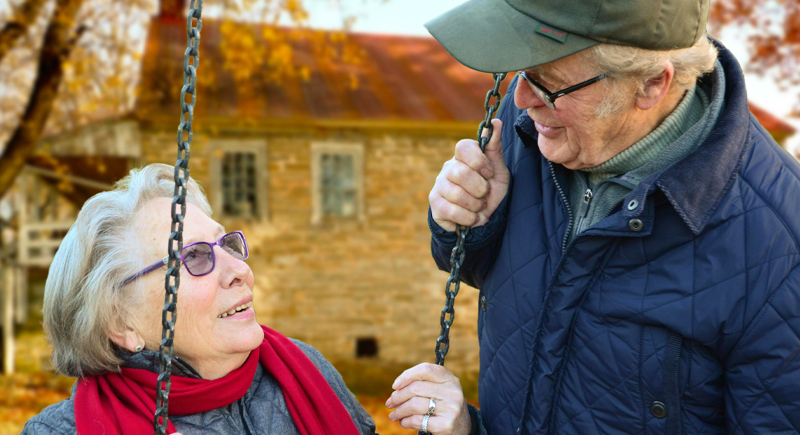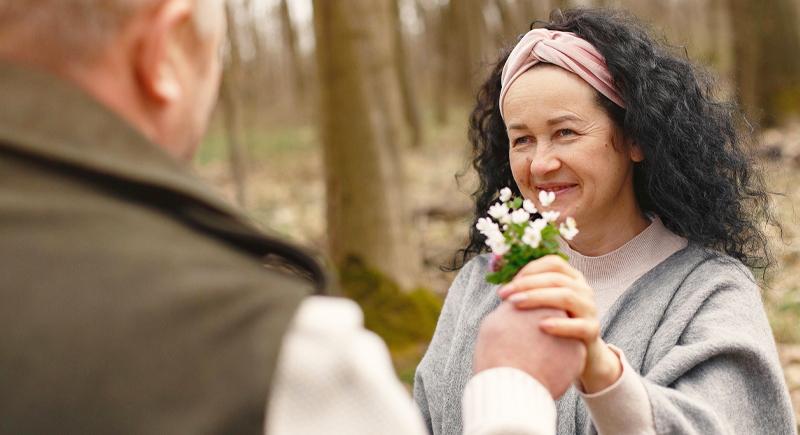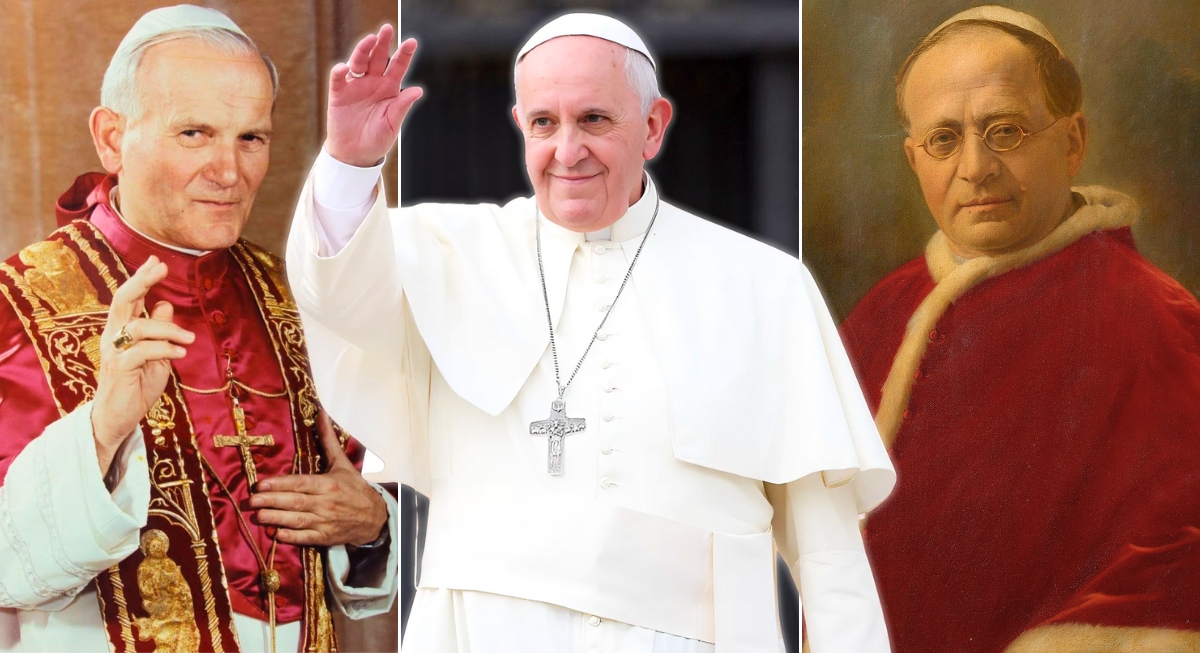Language evolves, and so do pet names. What was once considered the height of romantic affection might now elicit a confused chuckle or an outright eyebrow raise. Get ready for a trip down memory lane (or should we say lover's lane?) as we explore 25 terms of endearment from the past that sound downright odd today. You'll be amazed at how lovey-dovey vocabulary has changed over the years!
Sweetheart

Credit: pexels
This classic term may seem generic now, but it was once a sincere expression of affection. Back in the day, "sweetheart" wasn't a throwaway term used in passing conversation. It was reserved for moments of genuine tenderness and could even hold a weight of commitment.
Googly Eyes

Credit: pexels
This playful term conjures up images of lovestruck gazes, but today, it might be used more for someone acting goofy. While "googly eyes" can still be used affectionately, it's taken on a more lighthearted and teasing connotation in modern times.
Sugarplum

Credit: pexels
This saccharine term is as sweet as its namesake candy, but its preciousness might not translate well in modern romance. "Sugarplum" drips with a level of sweetness that some might find cloying today. Modern couples might opt for something a little more edgy or down-to-earth.
My Fair Lady

Credit: pexels
This chivalrous term, inspired by literature, might be seen as overly formal or even misogynistic today. "My Fair Lady" evokes a sense of courtly love and puts the man in a position of power over the woman. This doesn't resonate as well in today's more egalitarian dating landscape.
Handsome Devil

Credit: pexels
An intriguing oxymoron, this term acknowledged a lover's attractiveness while hinting at a playful rebellious streak. Would it fly today? "Handsome devil" might still be used for someone who is both charming and a little bit mischievous, but it might come across as outdated or even cheesy, depending on the context.
Sweetie Pie

Credit: pexels
Another sugary term dripping in cuteness, "sweetie pie," might be better suited for a child than a romantic partner these days. While "sweetie" can still be used as a term of endearment, "pie" adds a layer of childishness that might not be the desired effect in a romantic relationship.
Main Squeeze

Credit: pexels
This oddly citrusy term implies that your significant other is the most important person in your life, but the phrasing might leave modern lovers scratching their heads. The origin of "main squeeze" is unclear, but its connection to squeezing fruit is undeniably strange. It might be used ironically today, but it wouldn't be considered a serious term of endearment.
Apple of My Eye

Credit: pexels
It's a charming metaphor comparing your love to something precious, but the "apple" part might sound a bit outdated. "Apple of my eye" is a sweet term that still holds some charm, but it feels a touch old-fashioned compared to more modern expressions of love.
My Better Half

Credit: pexels
This term implies that you and your partner are two halves of a whole, but some might find it overly sentimental or restrictive. "My better half" suggests that you are incomplete without your partner, which isn't necessarily the message most couples want to convey today.
Calico

Credit: pexels
This term, derived from a type of fabric with multiple colors, might have been used to express affection for someone with a vibrant personality, but its meaning is largely lost today. While the origin of "calico" as a term of endearment is unclear, it's a confusing term that most modern couples wouldn't recognize.
Gammon

Credit: pexels
This term, possibly derived from "game" or "gamine" (meaning playful), was once a term of endearment for a sweetheart, but its meaning is obscure and rarely used today. The exact origin and meaning of "gammon" as a term of endearment is shrouded in mystery. Some theories suggest it might have been a playful nickname, but its use has faded into obscurity, leaving modern lovers completely in the dark.
Mullins

Credit: pexels
Another term lost to the sands of time, "Mullins," was once a way to address your loved one, though its exact origin and meaning remain shrouded in mystery. Similar to "gammon," "Mullins" is a relic of a bygone era. Historians can only guess at its origin and intended meaning, leaving us to wonder what endearment it once conveyed.
Old Dutch

Credit: pexels
This curious term might have originated as a playful nickname or a term of endearment for someone of Dutch descent, but its use as a romantic term feels undeniably strange in modern conversation. While "Old Dutch" might have been a nickname or a way to address someone you cared about, it loses all romantic connotations in today's world. It's more likely to elicit confusion than affection.
Peachy Keen

Credit: pexels
This slang term, meaning "excellent" or "perfect," could be used to describe your lovely lady (or fellow). While "peachy" might still be used playfully to say something is good, "keen" has faded from common usage. The combination of "peachy" and "keen" feels clunky and outdated for a term of endearment.
Gigglepuss

Credit: pexels
This term might have been used for someone with a delightful laugh, but the "puss" part gives it an unintentionally feline quality that might not be the most flattering. "Gigglepuss" tries to be cute, but the "puss" comparison takes away from the endearment and adds a strange animalistic quality.
Cuddle Wombat

Credit: pexels
This Australian import seems more appropriate for a plush toy than a significant other. While koalas might be cute, "wombat" doesn't exactly scream romance. "Cuddle wombat" is a clumsy term that mixes childishness with affection in a way that might be off-putting to a modern lover.
My Fancy

Credit: pexels
This term, with its air of courtly pronouncements, might sound overly dramatic or even insincere to modern ears. "My Fancy" evokes images of medieval knights and damsels in distress. It feels overly formal and lacks the sincerity or passion that most couples look for in terms of endearment.
Twinkletoes

Credit: pexels
This playful term might have been used for someone with light feet or a good dancer, but it leans more towards silliness than affection nowadays. "Twinkletoes" is a cute nickname but feels better suited for a child than a romantic partner. It's too lighthearted to convey deep feelings of love.
The Missus/The Mister

Credit: pexels
These formal terms for one's spouse, while not necessarily strange, have a distinct lack of passion compared to more modern terms of endearment. "The Missus" and "The Mister" are traditional terms that denote respect but lack the warmth or intimacy that most couples desire. They feel more appropriate for addressing servants in a Downton Abbey-esque setting than for expressing love in a modern relationship.
Petunia

Credit: pexels
Another floral term of endearment, "petunia," might sound better suited for a garden than a lover. Flowers are often used as metaphors for love, but "petunia" is a specific flower that doesn't necessarily evoke strong emotions. It feels generic and lacks the personal touch that a good term of endearment should have.





